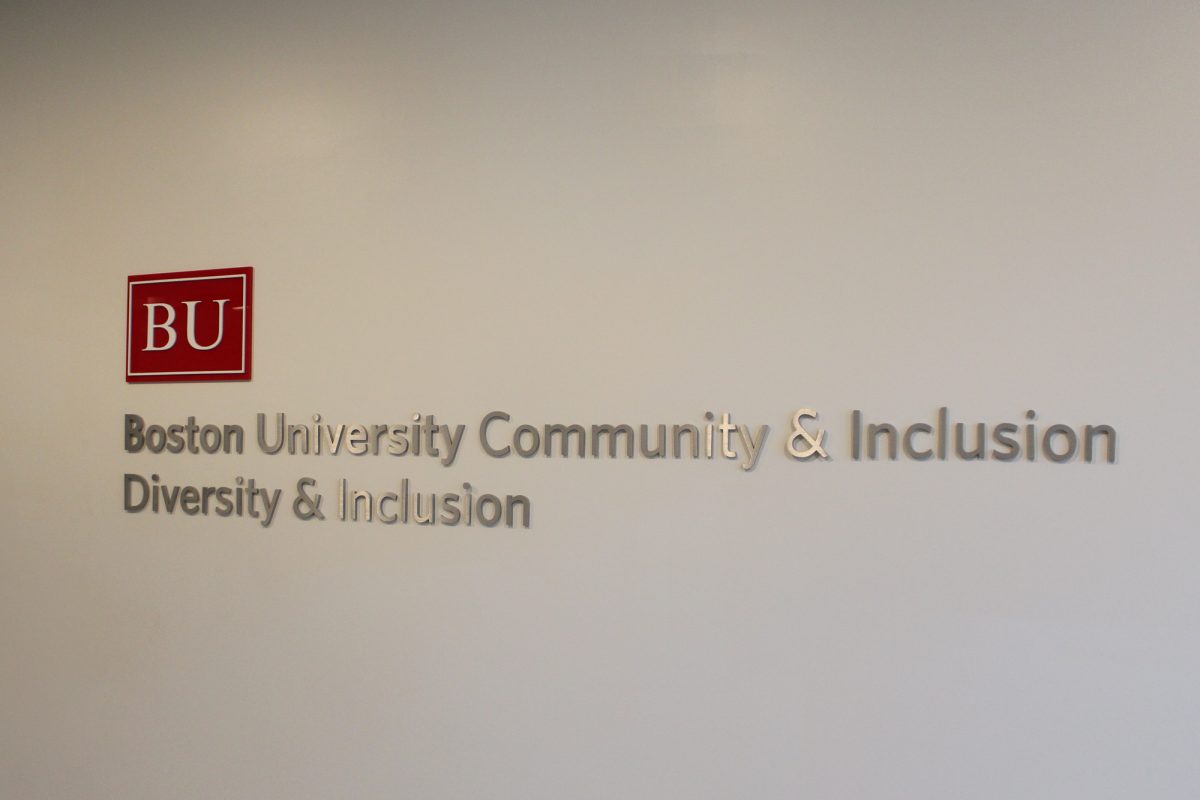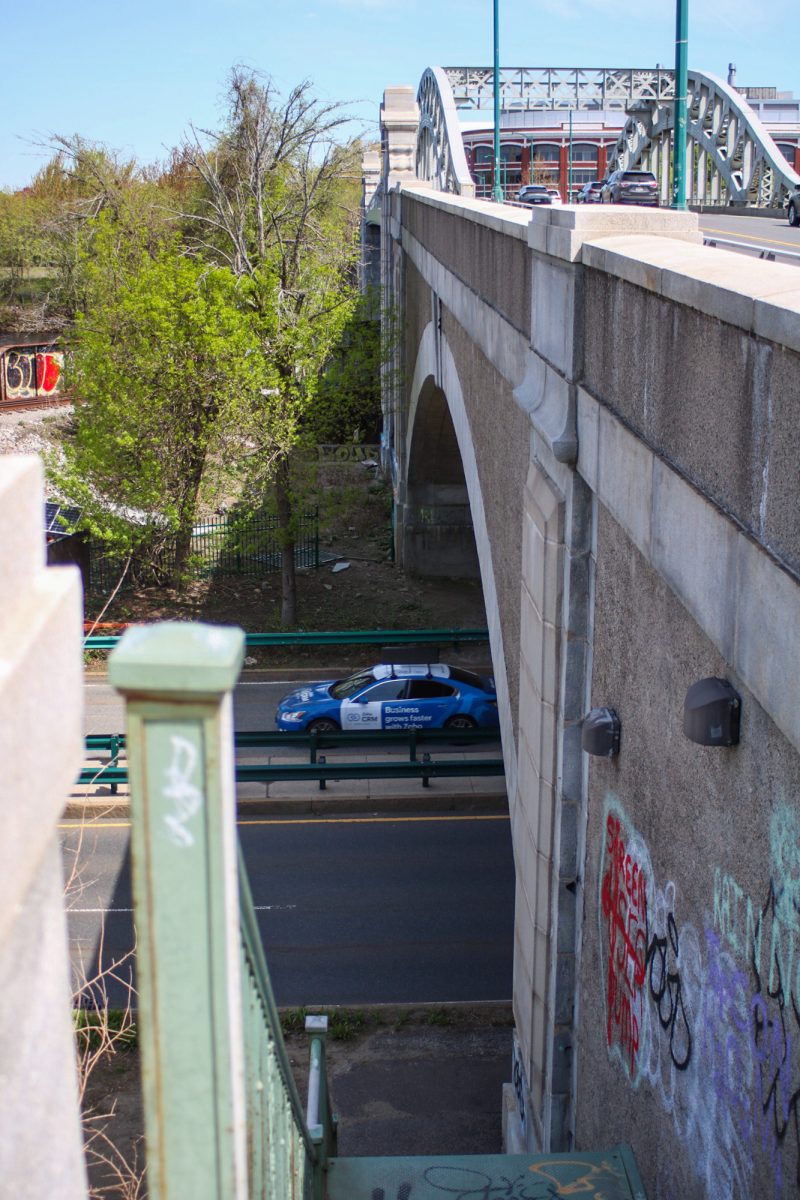The Board of Directors of the recently established Massachusetts Department of Transportation heard a variety of testimonies and authorized numerous proposals at Wednesday MassDOT and Massachusetts Bay Transportation Authority board meetings, addressing issues that affect both riders and employees, including fare evasion, discrimination on the T and accessibility of some stations.
MassDOT, formed on Nov. 1, 2009, is an umbrella organization, governed by a board of governor-appointed five-member board of directors and overseen by a secretary who is CEO. Under the new structure, the department oversees the Turnpike Authority, MBTA, Aeronautics and the Registry of Motor Vehicles. The MBTA has also maintained a separate legal existence, according to the state’s website.
Meetings such as Wednesday’s begin with a period for public comments, followed by testimonies from Massachusetts citizens, including MBTA employees.
“It’s always been the MBTA on their own, but now they have the cooperation of MassDOT and that’s significant,” said MBTA Director of Operations and Service Development Jim Folk. “That is what this is all about, is working together as a team.”
Massachusetts citizens testifying responded positively to the new leadership.
“It was good to see [board members] making sure that certain things were done,” said T Riders Union member Stephen Gaun.
Adam Machson, another member of the union, had earlier urged the board to be sympathetic toward fare evaders during times of economic crisis, criticizing the ongoing fare evasion campaign. Instead of attacking people, the board should support them, he said.
“People are struggling day in and day out,” he said. “And to have a campaign that’s celebrated in the newspaper . . . just seems wrong.”
In addition to hearing testimonies, the board discussed and authorized a total of 14 items on their agenda.
A project to make the Science Park T station handicap accessible was the most significant item on the agenda, said MBTA spokesman Joe Pesaturo.
“That station is currently inaccessible to people in wheelchairs,” he said. “And now that $10 million project will pay for the installation of two new elevators.”
Wheelchair accessibility in T stations has been a major concern among citizens, Boston resident Marilyn MacNab told the board. MacNab said she hopes to see significant changes in transportation accommodations for disabled passengers, particularly more elevators, better lighting and clearer signs.
MacNab said she is happy with the board’s willingness to listen to these issues &- a willingness she said she has not always encountered in the past.
“They seem to be very approachable and very open,” she said. “They took our concerns very seriously.”
Another issue addressed during the MBTA meeting’s public comment session was minority discrimination against employees within the organization. Several MBTA employees expressed concerns about mistreatment.
“Segregation and discrimination are still alive here at the MBTA,” said employee Jose Pepe Rodriguez. “All we ask for is success and equality.”
“I hope that you will find it in your hearts to fix this problem,” said fellow MBTA employee David Brown.
Pesaturo said he is confident the board will do its best to create equality between MBTA workers, adding that he feels former boards have made great strides in this area in the past decade.
“We’ve always acknowledged that we’re always looking to improve,” he said. “We’re very proud of our record of diversity, and we’ll just have to build on that success. [The board] will take these concerns seriously, and they will be addressed.”
















































































































